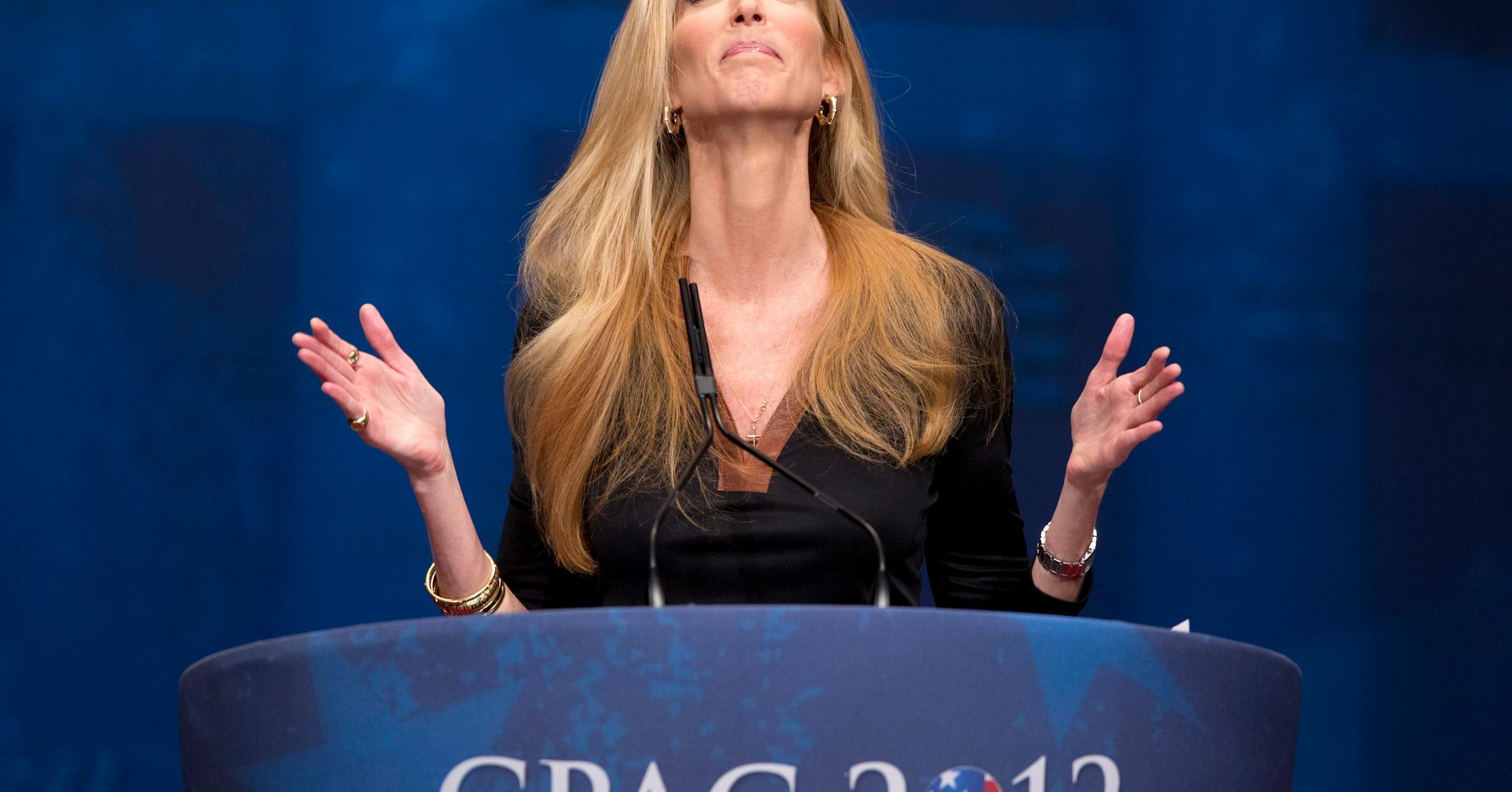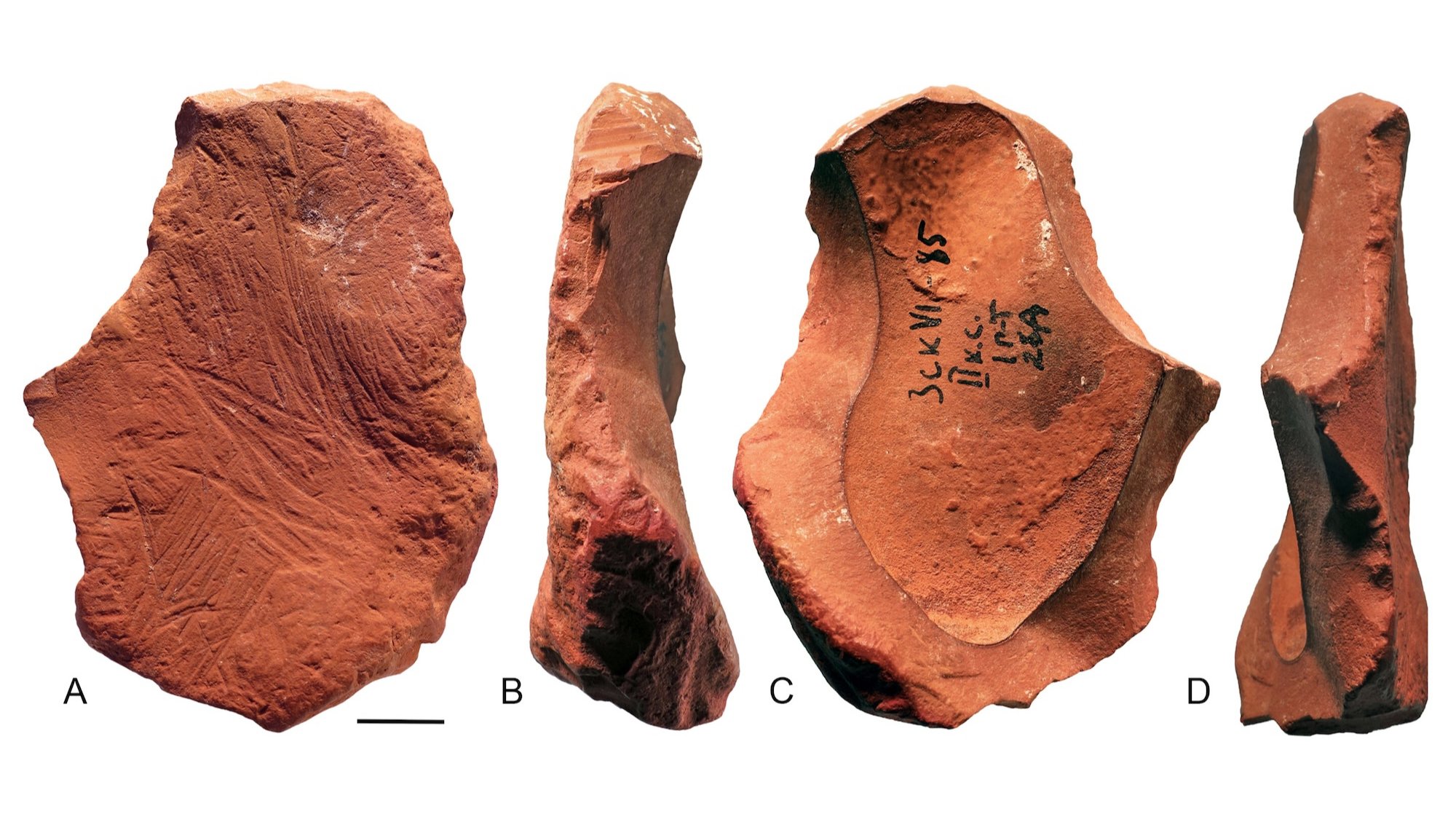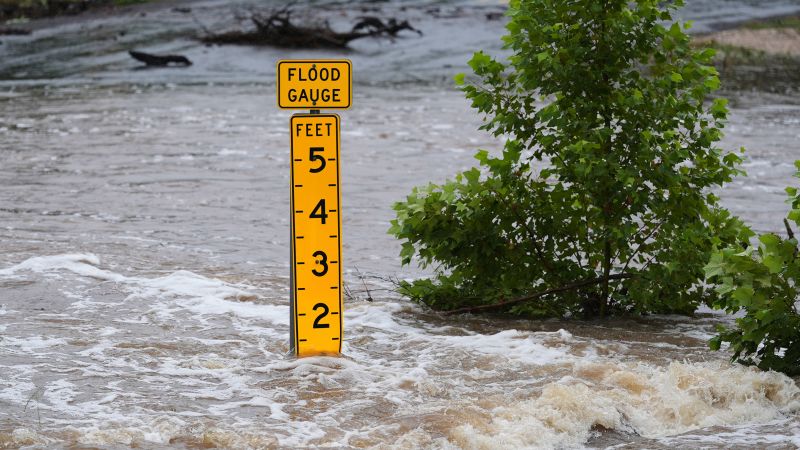Ann Coulter’s Controversial Post Sparks Outrage in Indigenous Communities

Conservative commentator Ann Coulter has faced significant backlash following a provocative post on social media platform X. In response to a speech by Melanie Yazzie, a Native artist and professor, Coulter wrote, “We didn’t kill enough Indians.” This statement has sparked outrage among Indigenous communities and advocates, highlighting ongoing tensions surrounding discussions of colonialism and genocide.
Historical Context and Immediate Reactions
Coulter’s post, which has since been deleted, drew immediate condemnation as a stark reminder of the historical violence faced by Native Americans. Her comment was made in reaction to Yazzie’s remarks about decolonization, a topic that continues to resonate deeply within Indigenous circles. The sentiment expressed by Coulter reflects a troubling endorsement of a painful legacy marked by massacres, forced relocations, and systemic injustices.
The history of violence against Native peoples is not merely a relic of the past; it remains relevant today. Events such as the Wounded Knee Massacre in 1890 and the ongoing crisis of missing and murdered Indigenous women are part of a broader narrative that underscores the need for meaningful discourse and accountability. Advocates argue that Coulter’s words not only trivialize this history but also embolden contemporary hate and ignorance.
Call for Accountability and Education
In light of the controversy, there are calls for organizations that support Coulter to reconsider their associations. The argument is that public figures who normalize hate speech contribute to a culture that devalues Indigenous lives. Activists suggest that severing ties with Coulter could send a strong message against intolerance.
“Coulter’s words embolden hate and ignorance. They hurt Native survivors of violence and their families,”
said an Indigenous advocate, emphasizing the need for solidarity and support within communities affected by such rhetoric.
Furthermore, the necessity of education on Indigenous history is gaining traction. Advocates argue that fostering understanding and awareness about the past can pave the way for healing and reconciliation. This includes recognizing the impact of colonial policies and the ongoing struggles for tribal sovereignty and rights.
As individuals and communities grapple with the fallout from Coulter’s comments, many are reminded of the importance of standing in solidarity with Indigenous peoples. Supporting local initiatives and advocating for educational reforms can contribute to a more inclusive dialogue about history and its implications for the present.
In the words of the Rev. Martin Luther King Jr., “Darkness cannot drive out darkness; only light can do that. Hate cannot drive out hate; only love can do that.” This sentiment resonates as communities seek to confront hate and promote understanding in the face of divisive rhetoric.
The incident reflects a broader challenge in society regarding free speech and its limits, particularly when it intersects with historical injustices. The conversation surrounding Coulter’s comments continues to unfold, raising important questions about accountability and the responsibilities of public figures in shaping discourse.






